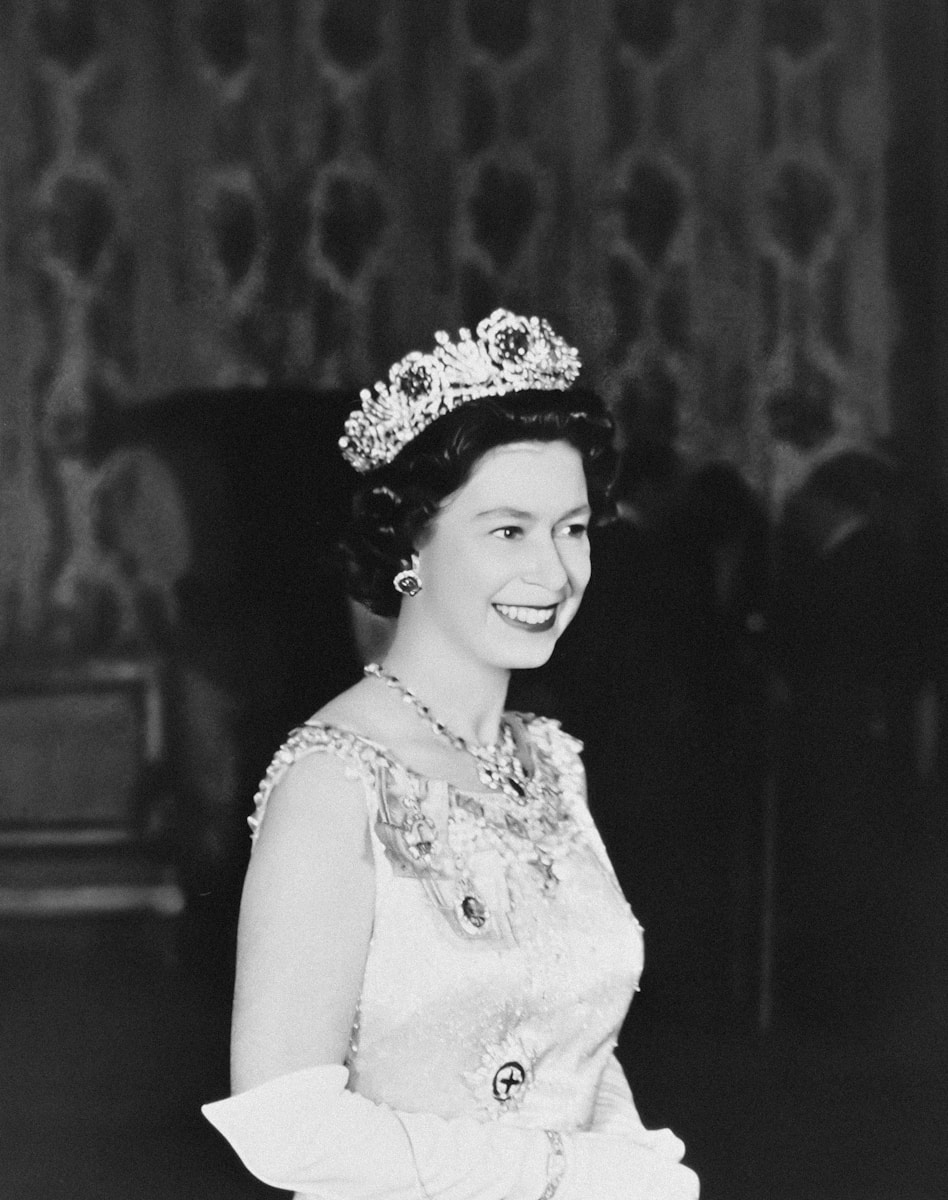
Introduction
British television has a long and illustrious history, filled with drama, humor, and moments that have left viewers utterly speechless. From unexpected plot twists in popular dramas to jaw-dropping reality TV reveals, the nation has been captivated, shocked, and occasionally outraged. This article takes a stroll down memory lane to revisit some of the most shocking moments in British TV history, exploring how these events shaped the landscape of television and our viewing experiences.
The Dramas That Took Us by Surprise
“EastEnders” and the Big Revelations
No conversation about shocking moments in British TV would be complete without mentioning “EastEnders.” This long-running soap opera has delivered countless jaw-dropping episodes over the years. One of the most memorable moments occurred in 1986 when Den Watts handed his wife, Annie, divorce papers on Christmas Day, sparking outrage and conversation across the country.
Even more shocking was the infamous “Who Shot Phil?” storyline in the 2000s, where viewers were left hanging for weeks as to who had taken the shot at the notorious character, Phil Mitchell. The eventual reveal of the shooter—his own mother, Peggy—was met with gasps and cheers, cementing “EastEnders” as a show that continually pushes the boundaries of drama.
“Doctor Who” and the Dark Turns
“Doctor Who,” the beloved British science fiction series, has also had its fair share of shocking moments. The Tenth Doctor’s farewell in “The End of Time” left fans teary-eyed when he absorbed the energy of a supernova to save the universe, ultimately leading to his regeneration. However, nothing could have prepared audiences for the heartbreaking departure of companions like Rose Tyler and Amy Pond. The emotional weight of their exits resonated deeply, reminding viewers that in the world of the Doctor, joy and sorrow often walk hand in hand.
Reality TV Shocks That Took the Nation by Storm
“Big Brother” and the Controversy
Reality television has become a staple in British entertainment, with “Big Brother” leading the charge. This show has seen its share of shocking moments, but one incident stands out: the “Celebrity Big Brother” racism row in 2007. The public was left reeling when celebrity contestant Shilpa Shetty was subjected to bullying and racist comments by fellow housemates. The backlash was immense, leading to discussions about racism and cultural sensitivity in the media.
This moment not only shocked viewers but also sparked a national conversation about the ethics of reality TV and the responsibility of producers to create a safe environment for participants. The incident pushed the boundaries of what was acceptable on television and has had lasting impacts on how reality shows are produced today.
“The X Factor” and Jaw-Dropping Auditions
“The X Factor” has delivered its fair share of shocking auditions, but none quite as memorable as the moment when Susan Boyle took the stage in 2009. With her unassuming appearance and humble demeanor, Boyle stunned both the judges and the audience with her powerful rendition of “I Dreamed a Dream.” The shock wasn’t just about her talent; it was also about the preconceived notions we often have regarding appearance and potential.
This moment transformed not just Boyle’s life, but also the landscape of British music reality shows, leading to an influx of contestants who defied the odds and expectations. Boyle’s audition went viral and remains a testament to the power of surprising talent.
Unspeakable Twists and Turns
“Sherlock” and the Fall from the Roof
The modern adaptation of “Sherlock” has been a critical darling, but it was the shocking conclusion of the second series that left fans speechless. Sherlock’s apparent demise in a dramatic confrontation with Moriarty had viewers questioning everything. Was he really dead, or was there more to this apparent fall from the rooftop? The suspense was palpable, with fans theorizing about hidden tricks and secrets in the months leading to the third series.
Ultimately, the reveal of his survival was met with both relief and frustration; while fans were happy to see their favorite detective return, there was a bittersweetness in knowing that the show had played with their emotions so ruthlessly.
“Game of Thrones” and the Red Wedding
Though technically a show from across the pond, “Game of Thrones” has had a massive impact on British audiences. The infamous Red Wedding scene sent shockwaves through viewers, with characters we had come to love meeting their end in a brutal, unexpected massacre. The shock value was unparalleled, as fans were left grappling with the reality that no character was safe in this world.
The scene not only left viewers speechless but also transformed how audiences approached storytelling in adaptations. It reminded everyone that even the most beloved characters could be written off at a moment’s notice.
Historical Moments That Shocked Viewers
The Death of Princess Diana
In 1997, the tragic death of Princess Diana was a moment that transcended television. It was covered live, with broadcasters interrupting regular programming to bring the news to viewers. The shock felt across the nation was palpable, as millions tuned in to watch the events unfold, unsure of what the future held for the British monarchy.
This moment changed the way major news events were reported on TV, highlighting the power of broadcasting in moments of national grief. It also showcased how television could unite a nation in mourning, with viewers sharing their shock and sorrow in real-time.
The London Bombings
Another historical moment that left the nation speechless was the coverage of the 7/7 bombings in London. The live reporting of the tragic events that unfolded on that July day in 2005 shook viewers to their core. The immediacy of the news coverage brought the horrors of the attacks into homes across the UK, changing the face of news broadcasting forever.
The events prompted discussions about safety, terrorism, and the role of media in reporting on such sensitive topics, as viewers grappled with their emotions and the implications of the attacks on their everyday lives.
The Legacy of Shocking Moments
As we reflect on the shocking moments in British television history, it becomes clear that these events have shaped not only the shows themselves but also the viewing habits and expectations of the audience. They have pushed boundaries, challenged social norms, and stirred conversations that resonate far beyond the screen.
From the unexpected twists in beloved dramas to the heart-wrenching moments in reality TV, British television continues to surprise and shock us. As we move forward, we can only anticipate what new revelations and twists await, keeping us glued to our screens and leaving us breathlessly on the edge of our seats. Such is the power of storytelling, and British TV excels at it, ensuring that its legacy will continue to captivate future generations.

